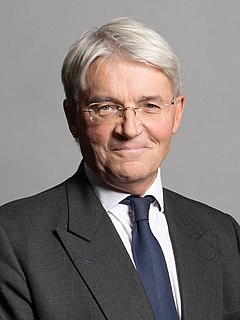A Quote by Greg Mortenson
According to UNESCO: there are over 154 million children in the world deprived of education due to poverty, slavery, racism, religious extremism, gender discrimination, and geographical isolation. The cost to educate a child in the third world is about $ 1 per month per child. To achieve global literacy, the investment would be $ 8 billion per year for 15 years.
Quote Topics
About
According
Achieve
Billion
Child
Children
Cost
Deprived
Discrimination
Due
Educate
Education
Extremism
Gender
Gender Discrimination
Geographical
Global
Investment
Isolation
Literacy
Million
Month
Over
Per
Poverty
Racism
Religious
Religious Extremism
Slavery
Third
Third World
Unesco
World
Would
Would Be
Year
Years
Related Quotes
It is my vision that we all will dedicate the next decade to achieve universal literacy and education for all children, especially for girls. More than 145 million of the world's children are deprived of education due to poverty, exploitation, slavery, gender discrimination, religious extremism, and corrupt governments. May Three Cups of Tea be a catalyst to bring the gift of literacy to each of those children who deserves a chance to go to school.
If you're going to buy something which compounds for 30 years at 15% per annum and you pay one 35% tax at the very end, the way that works out is that after taxes, you keep 13.3% per annum. In contrast, if you bought the same investment, but had to pay taxes every year of 35% out of the 15% that you earned, then your return would be 15% minus 35% of 15%-or only 9.75% per year compounded. So the difference there is over 3.5%. And what 3.5% does to the numbers over long holding periods like 30 years is truly eye-opening.
The collective shortfall of the 3.08 billion people (47 percent of world population) who, in 2005, lived below $2.50 per day was $507 billion per annum, which indeed comes to about two-thirds of the present US military budget. This gives us a rough sense of how much the eradication of poverty would cost.
We draw many benefits from globalization that people take for granted. Poverty has been reduced massively around the world. If you look at the Chinese numbers, it is quite mind-boggling: 700 million people taken out of poverty in a matter of 40 years, the poverty rate having moved from over 30 per cent from hardly six per cent now. That would not have happened if there had not been globalization.





































